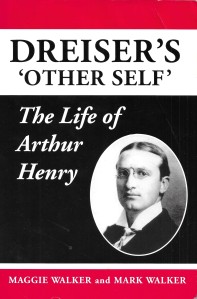‘Rare Six-Planet System Discovred in Milky Way’ – WSJ 11-29-2023
Posted here is the following article (text plus marvelous photos):
Rare Six-Planet Star System Discovered in Milky Way: Worlds orbiting a sun-like star 100 light-years from Earth could unlock secrets surrounding the formation of our solar system
By Aylin Woodward
The Wall Street Journal
November 29, 2023
https://www.wsj.com/science/space-astronomy/space-discovery-exoplanets-earth-f50ad103?mod=Searchresults_pos1&page=1
I have been studying writing all my life. I know a good writer (and good writing) when I see one.
Both the famous ones and writers whom I encounter in my daily reading.
Aylin Woodward is a science writer for The Wall Street Journal. Her work is superb.
“A family of six gaseous worlds circling like rhythmic dervishes around a sun-like star will soon help astronomers better understand how planetary systems like our own formed and evolved.
“This newly discovered system, about 100 light-years from Earth, is unusual because its planets orbit a bright host star in a pattern that appears unchanged since its birth at least 4 billion years ago, according to a study published Wednesday in the journal Nature.”
This is a very effective lead. Note how in the first paragraph, in just once sentence, the whole article is “capsulized.” The scope and importance of the subject, the findings, are stated with admirable concision.
The rest of the piece speaks for itself. My high school English teacher would have given it an A+.
I know from experience how difficult it is to adhere to word limits and write a brief article which reads well and sustains reader interest, while getting all the facts in (no easy task) and making their significance clear. Often the latter involves quotes — in this case from experts whom the author, Ms. Woodward, interviewed. All the facts and quotes have to be blended in skillfully without interrupting the flow of the piece.
While never losing sight of the overall significance of the findings and their import, This is done by the writer adhering to principles of writing such as unity and coherence
All of the best writers — including novelists — do this: mix the general with the specific. facts (narration) with exposition.
— posted by Roger W. Smith
November 30, 2023

